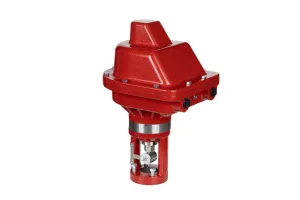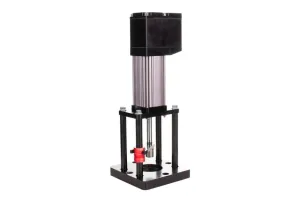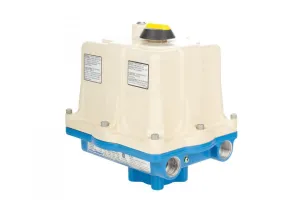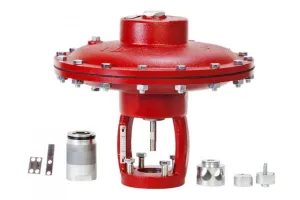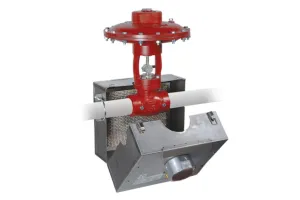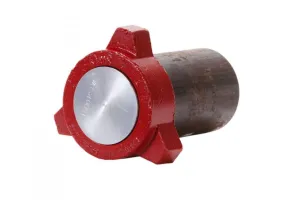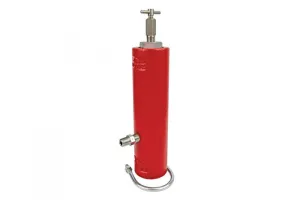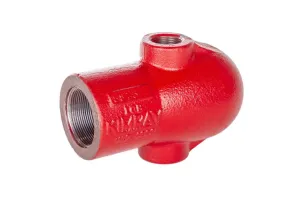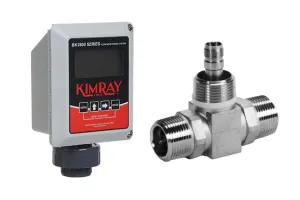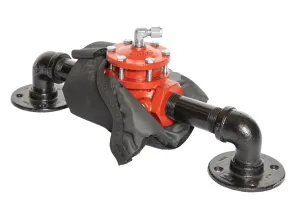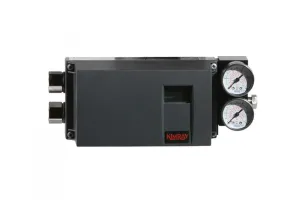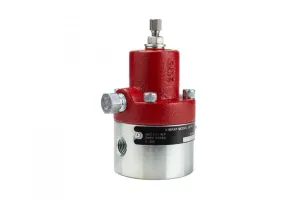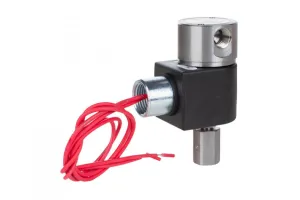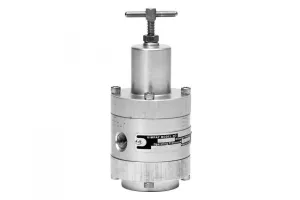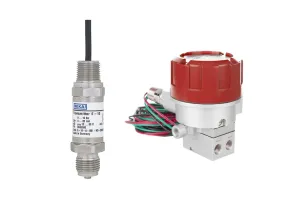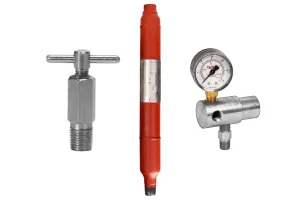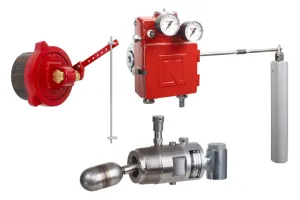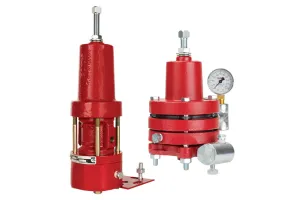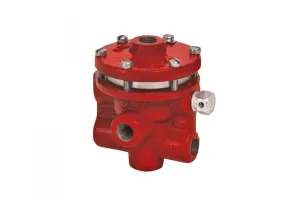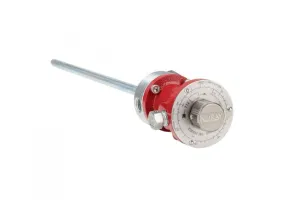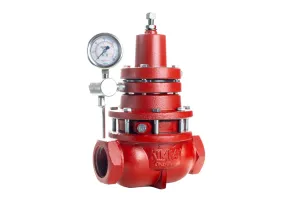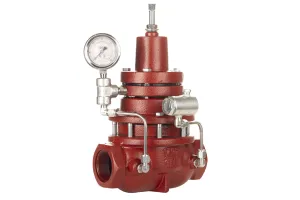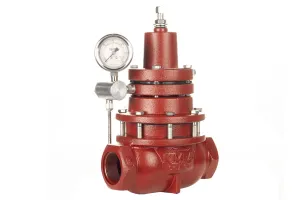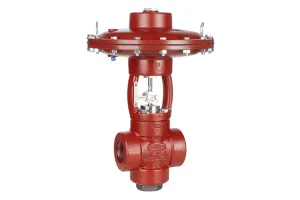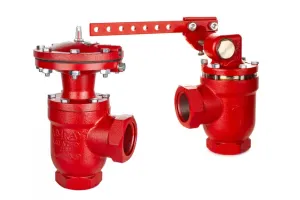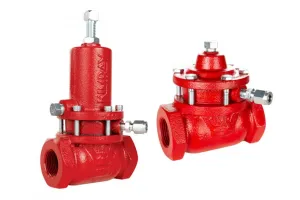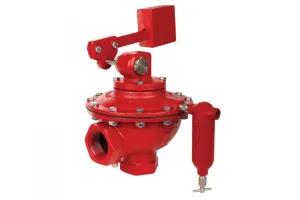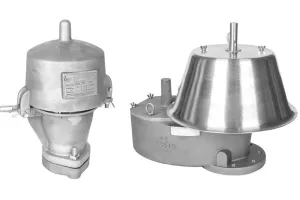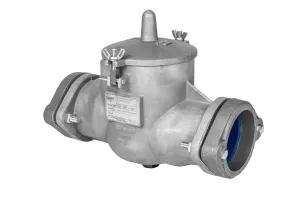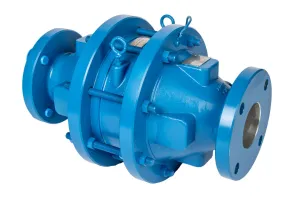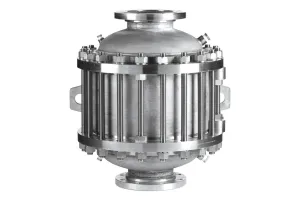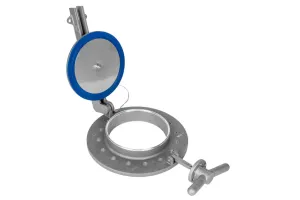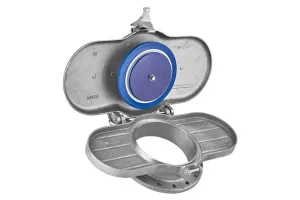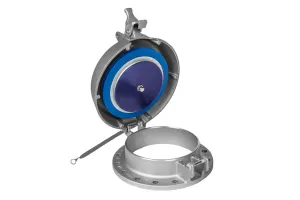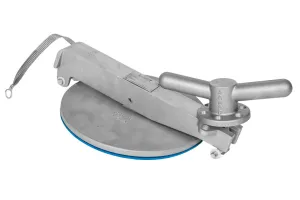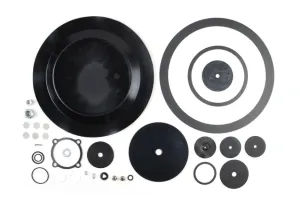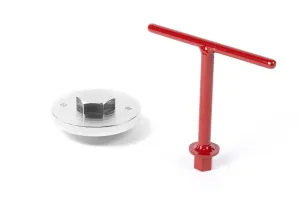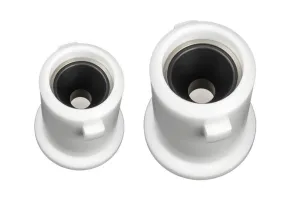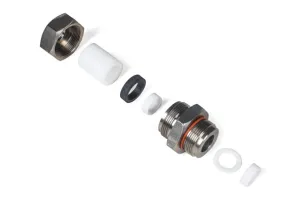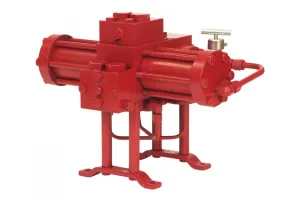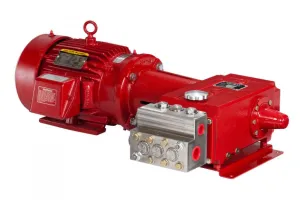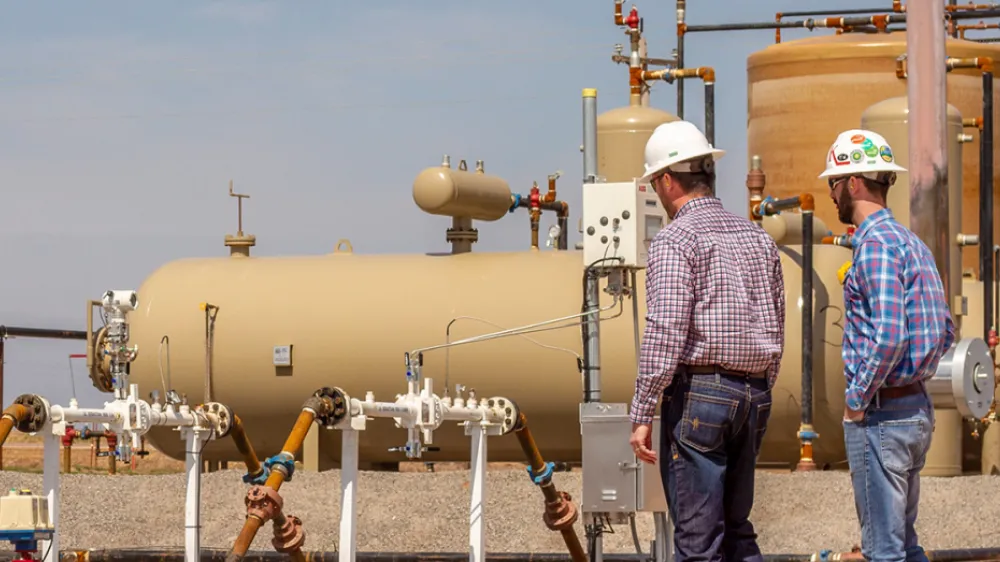
Two key roles in oil and gas production are the operator and the engineer.
Engineers are typically responsible for designing an oil and gas production site and equipment, creating P&IDs, selecting products, and calculating the most efficient way to produce sellable oil and gas.
Operators are typically responsible for implementing an engineer's plans, measuring and maintaining up time on their wells, and adapting to changing conditions.
While they share this same overarching goal, sometimes the communication between these two groups can get muddled.
We work with professionals in both roles, and in this article (while a little bit “tongue in cheek”), we’ll share a few things we’ve learned in the hopes of increasing understanding between these two professionals.
What do oil and gas operators wish engineers knew?
1. Things don’t always go by the book.
Engineers work with established formulas and fundamental principles of engineering, and rightly so.
However, operational realities don’t always allow for things to come out as cleanly as they might in initial planning. There are variables in any given field that can create unexpected complications —things like sudden pressure changes, liquid slugs, weather and more. Which leads us to number two.
2. If we suggest a change, we don’t mean anything personal.
We operators realize how important and challenging an engineer’s job is. When we suggest an adjustment to a product or system, it’s not meant as a slight to the engineer. Sometimes things “on the ground” require an audible.
3. The less complicated, the better.
While some controllers and devices offer increased functionality during operation, when they fail, they are a massive challenge to troubleshoot and repair. For operators, longevity of performance of any given product is more valuable than functionality.
4. We feel pressure to make things work.
When things aren’t working, it’s up to us to get them fixed. We are usually responsible for maintaining multiple wells, so for us, short-term solutions are often the most attractive.
Resources for working better together
Here are a couple of recommendations to help Engineers and Operators work better together:
1. Field Training Programs
Some producers allow engineers to begin their careers spending an extended amount of time in the field—some as many as 2 years. This is an extremely helpful training time that allows them to gain experience in the field alongside operators before they move into a full-time engineering role.
2. Call Kimray
We talk to both engineers and operators all the time. Engineers typically want to talk data; operators physical observations.
Sometimes it helps to have another party on the line who has encountered problems like you may be facing. We are happy to share our expertise, and we may have experience with the exact problem you’re dealing with.
To speak with an expert in your area, contact your local Kimray store or authorized distributor.
